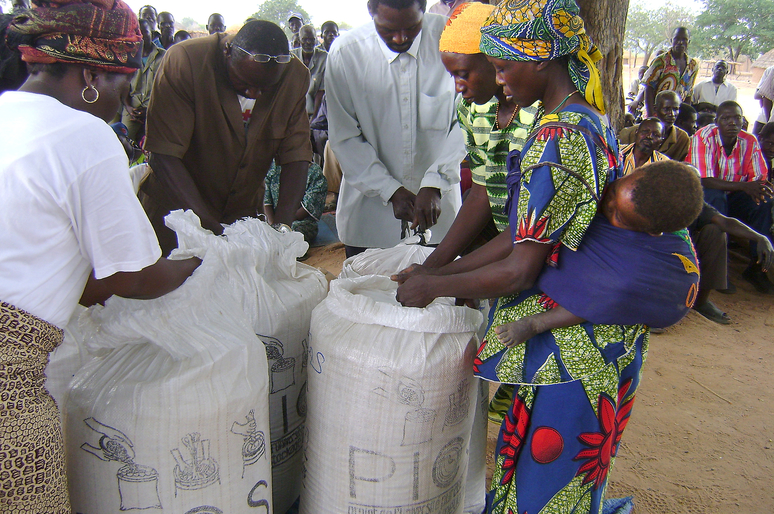The growing cases of food contamination in Kenya has prompted the Technical and Vocational Education and Training (TVET) to introduce a food safety course in all its learning institutions beginning 7th January 2020 to train agriculture graduates on strategies to ensure framers produce safe food.
According to the Global Food Safety Partnership (GFSP) report 2019, food safety deserves urgent attention because foodborne hazards account for 91 million acute illnesses and 137,000 deaths annually in Africa. The World Bank estimates shows that each year unsafe food costs economies of low and middle-income countries about Sh11tn in lost productivity and healthcare expenses.
In 2016, for instance, scientists from International Livestock Research Institute (ILRI) confirmed high levels of aflatoxin in maize and sorghum flours and milk-fed to children. A staggering 41 per cent of children fed on these diets in Dagoretti and Korogocho estates in Nairobi County were found stunted and having poor growth.
RELATED CONTENT: Maize Storage Quality controls for food safety

Farmers storing grains in a three-layered-bags to stem post-harvest losses. Photo courtesy.
Food safety formed the agenda of a meeting organised by Micro Enterprises Support Programme Trust (MESPT) on 4th December 2019, at Maanzoni Hotel, Machakos County to discuss food safety component set to be added in the teaching curriculum of all agricultural courses taught in Kenya’s TVET institutions. This initiative was funded between the TVET and AgriFI through MESPT.
Over 100 participants from Kenya’s food value chains; fish, livestock and horticulture, as well as government officials from county governments, farmers, technical staff from private sectors, independent consultants and scholars from universities were present.
RELATED CONTENT: Four pesticide regulatory pillars are the route to food security
Food experts had raised concerns over the lack of the food safety teaching in schools resulting to graduates who had little or no understand of the importance of safety in foods all through the food production chain.
“Food safety today is critical because what you eat determines how you live therefore food safety in every stage of educations is paramount which has been lacking in the curriculum”, said Gideon Ariero, Director at Fresh Produce Consortium of Kenya (FPCK).
The curriculum enhancement will address one of the three components in agricultural production that has been missing. Previously, agriculture students were taught how to ensure high quality and quantity production. Now, they will be trained on the third component that is food safety. It will enable students, differentiate between food safety and food safety.
“Kenya is located in the tropical zones where pest thrive in farms threatening food safety. Because we cannot do away with pesticides, we need to train learners, the food producers to be, on the effective way of using and handling pesticides thus changing the narrative from safe and defective use of pesticide to safe and responsible use of pesticides”, said Gideon.
RELATED CONTENT: Why the proposed animal manure bill could hurt Kenya’s food production goals
The process of the agriculture curriculum review has involved all the stakeholders in the food supply chain and academicians. The process of adoption and implementation of the report is now at the TVET Authority who will also recommend what new books and learning materials will be sent to learning institutions.
“The process is in the 3rd last stage, the validation process, whereby the team of experts at TVET will do corrections, removal or additions of the recommendations made by stakeholders, then move the curriculum to implementation”, said Gideon.
RELATED CONTENT: Informal food markets more hygienic than supermarkets,study
Lately, experts have linked illnesses that are connected to the food that is consumed in Kenya. Media reports have exposed how unscrupulous farmers are using water with human and industrial waste to farm vegetables. Furthermore, reports show that traders are using excess, but unapproved preservatives on meat and milk thus putting consumers in danger.
“We are overseeing a whole lot of graduates that are fully nurtured, understand food safety and ready for the market, ready to tackle the food production challenges. Agriculture in 80 per cent art and 20 per cent science which is very critical in the world today because it keep evolving every other day”, said Gideon.
















Comments powered by CComment